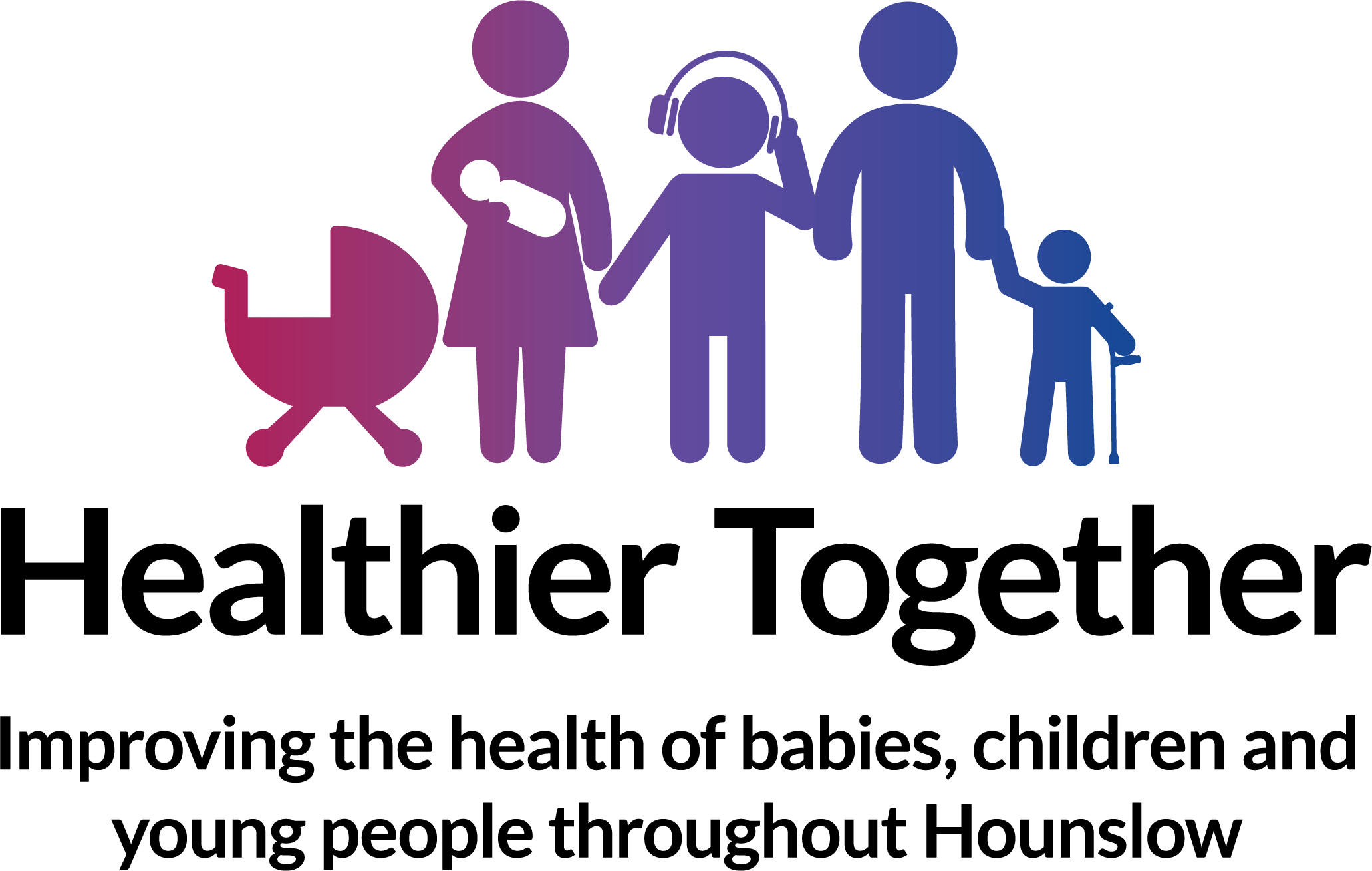*Important updates* immunsation schedule for babies born from 1st July 2024 (see below)
For more information on the changes to the childhood vaccination programme: why they are happening? Click here.

Routine childhood immunisations
| Age due | Vaccines that protect against | Vaccine given | Trade name | Usual site [footnote 1] | |
|---|---|---|---|---|---|
| 8 weeks old | Diphtheria, tetanus, pertussis (whooping cough), polio, Haemophilus influenzae type b (Hib) and hepatitis B | DTaP/IPV/Hib/HepB (6 in 1 vaccine) | Infanrix hexa or Vaxelis | Thigh | |
| Meningococcal group B (MenB) | MenB | Bexsero | Thigh | ||
| Rotavirus gastroenteritis | Rotavirus | Rotarix | By mouth | ||
| 12 weeks old | Diphtheria, tetanus, pertussis (whooping cough), polio, Haemophilus influenzae type b (Hib) and hepatitis B | DTaP/IPV/Hib/HepB (6 in 1 vaccine) | Infanrix hexa or Vaxelis | Thigh | |
| MenB | MenB | Bexsero | Thigh | ||
| Rotavirus | Rotavirus | Rotarix | By mouth | ||
| 16 weeks old | Diphtheria, tetanus, pertussis (whooping cough), polio, Haemophilus influenzae type b (Hib) and hepatitis B | DTaP/IPV/Hib/HepB (6 in 1 vaccine) | Infanrix hexa or Vaxelis | Thigh | |
| Pneumococcal (13 serotypes) • if received pneumococcal at 12 weeks give Men B |
PCV | Prevenar 13 | Thigh | ||
| One year old (on or after the child’s first birthday) | Born before 1 July 2024 | Born on or after 1 July 2024 | |||
| Pneumococcal | Pneumococcal | PCV | Prevenar 13 | Upper arm or thigh | |
| Measles, mumps, rubella | Measles, mumps, rubella | MMR | MMRvaxPro or Priorix | ||
| MenB | MenB | MenB | Bexsero | ||
| Hib/MenC (if Hib/MenC exhausted give DTaP/Hib/IPV/HepB) | Hib/MenC | Menitorix | |||
| 18 months old | Born before 1 July 2024 | Born on or after 1 July 2024 | |||
| No appointment | DTaP/IPV/Hib/HepB | DTaP/IPV/Hib/HepB | Infanrix hexa or Vaxelis | Upper arm or thigh | |
| Measles, mumps, rubella | MMR | MMRvaxPro or Priorix | |||
| 3 years 4 months old or soon after | Born before 1 July 2024 | Born on or after 1 July 2024 | |||
| Diphtheria, tetanus, pertussis and polio | Diphtheria, tetanus, pertussis and polio | dTaP/IPV | REPEVAX | Upper arm or thigh | |
| Measles, mumps, rubella | MMR | MMRvaxPro or Priorix | |||
| Boys and girls aged 12 to 13 years | Cancers and genital warts caused by specific human papillomavirus (HPV) types | HPV | Gardasil 9 | Upper arm | |
| 14 years old (school Year 9) | Tetanus, diphtheria and polio | Td/IPV | REVAXIS | Upper arm | |
| Meningococcal groups A, C, W and Y | MenACWY | MenQuadfi | Upper arm | ||
| Eligible paediatric age group See annual flu letter |
Influenza (each year from September) | LAIV (Live attenuated influenza vaccine) • If LAIV is contraindicated or otherwise unsuitable use inactivated flu vaccine (check Green Book chapter 19 for details) |
Fluenz (contains porcine gelatine) | Both nostrils |
Selective childhood immunisation programmes
| Target group | Age and schedule | Disease | Vaccines required |
|---|---|---|---|
| Babies born to mothers with hepatitis B | At birth, 4 weeks • if born before 1 July 2024 give additional dose at one year |
Hepatitis B | Hepatitis B (Engerix B/HBvaxPRO) |
| Infants in areas of the country with TB incidence >= 40/100,000 | Around 28 days old | Tuberculosis | BCG Check SCID screening outcome before giving BCG |
| Infants with a parent or grandparent born in a high incidence country | Around 28 days old | Tuberculosis | BCG Check SCID screening outcome before giving BCG |
| Children in a clinical risk group | Age under 2 years • if first ever flu vaccine give second dose at 4 weeks |
Influenza | Inactivated flu vaccine |
| Aged 2 to 8 years • if first ever flu vaccine give second dose at 4 weeks |
LAIV • if LAIV contraindicated or otherwise unsuitable give inactivated flu |
||
| Aged 9 to17 years • only one dose required each flu season |
LAIV • if LAIV contraindicated or otherwise unsuitable give inactivated flu |
||
| Pregnant women | At any stage of pregnancy during flu season | Influenza | Inactivated flu vaccine |
| From 16 weeks gestation | Pertussis | Tdap (ADACEL) | |
| From 28 weeks gestation | RSV | RSV vaccine (Abrysvo) |



 You want to do what is best for your child. You know about the importance of car seats, stair gates and other ways to keep them safe. But, did you know that one of the best ways to protect them is to make sure they have all of their vaccinations at the time they are recommended to ensure the most timely protection?
You want to do what is best for your child. You know about the importance of car seats, stair gates and other ways to keep them safe. But, did you know that one of the best ways to protect them is to make sure they have all of their vaccinations at the time they are recommended to ensure the most timely protection?